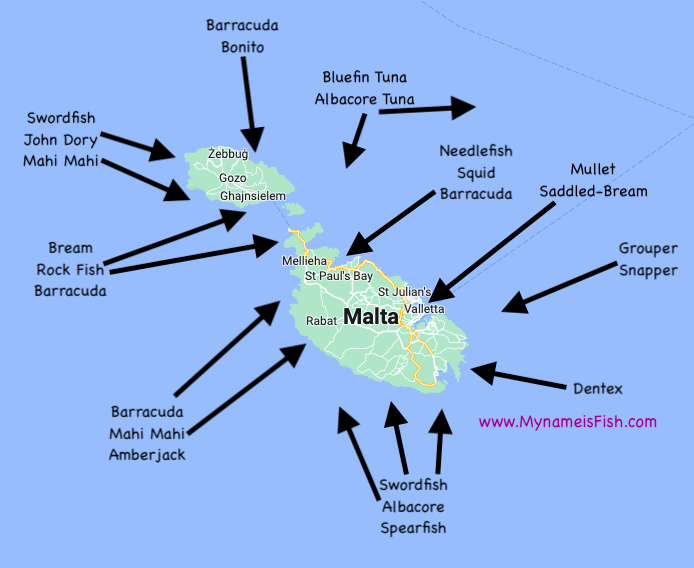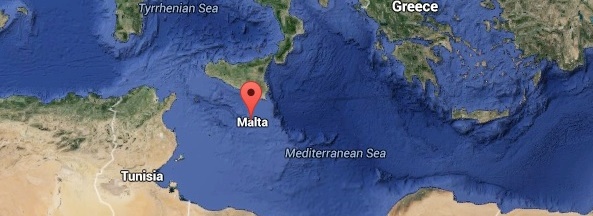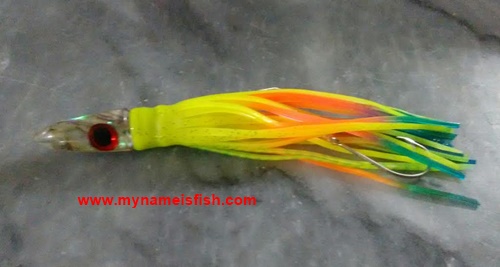Shark in Different Languages
How to Say Shark in Different Languages and Countries
There are over 500 species of sharks in the waters of our planet. White shark, blue shark, tiger shark, hammerhead shark, mako shark are some of the most well-known ones.
Why Is It Called Shark?
Firstly, let's have a look where the word "shark" comes from; It's a very, very new word actually. It enters the books and dictionaries only in 19th century. It most probably comes from Dutch word "schurk" meaning "villain". And "schurk" become "shark" as it was applied to the fish due to its predatory behaviour.
There are some other suggestions for the origins of the word "shark" but it seems this theory is the most logical. Before 16th century this fish was called "dog fish". It is still called dog fish in many regions of the world (like in Turkey)
There are some other suggestions for the origins of the word "shark" but it seems this theory is the most logical. Before 16th century this fish was called "dog fish". It is still called dog fish in many regions of the world (like in Turkey)
Arabic - qarsh
Bengali - hāṅgara
Burmese - ngarrmaann
Shark in Chinese - shāyú
Czech - žralok
Danish - haj
Filipino - pating
Finnish - hai
French - requin
Hawaiian - manō
Hebrew - kryş
Hungarian - cápa
Shark in German - hai
Greek - karcharías
Icelandic - hákarl
Indonesian - hiu
Italian - squalo
Irish - siorc
Japanese - same
Korean - sang-eo
Lithuanian - ryklys
Malay - jerung
Maltese - kelb il-baħar
Norwegian - hai
Portuguese - tubarão
Shark in Polish - rekina
Persian - koseh
Russian - акула (akula)
Samoan - fao
Slovenian - morski pes
Spanish - tiburón
Swahili - papa
Shark in Swedish - haj
Turkish - köpekbalığı
Uzbek - akula
Welsh - siarc
Yoruba - yanyan
Shark Facts
I guess you didn't know this but sharks don't have bones.
And shark skin feels exactly like sandpaper. You will understand what I mean when you catch and caress one.
And shark skin feels exactly like sandpaper. You will understand what I mean when you catch and caress one.









